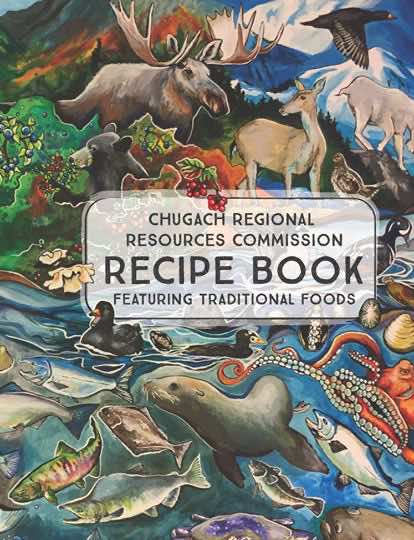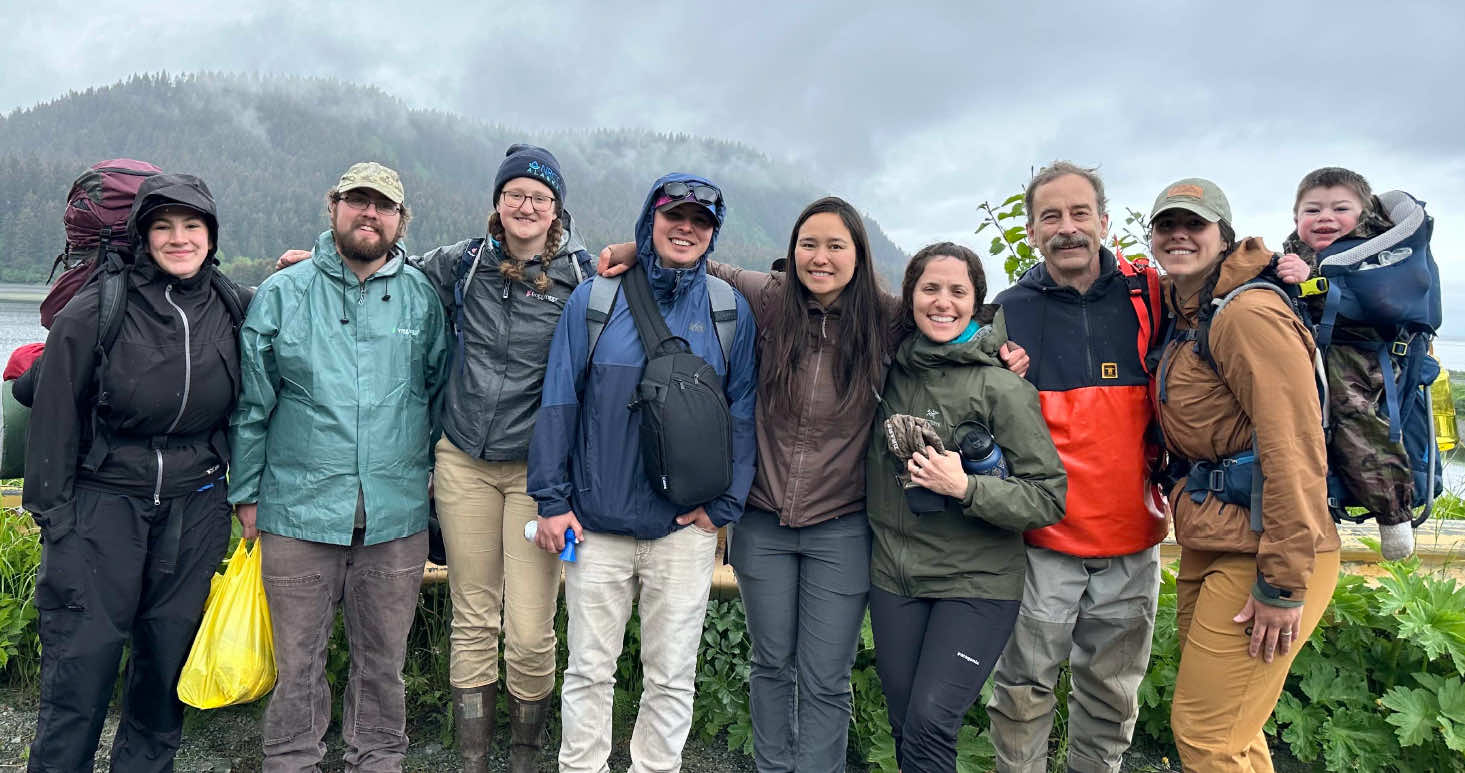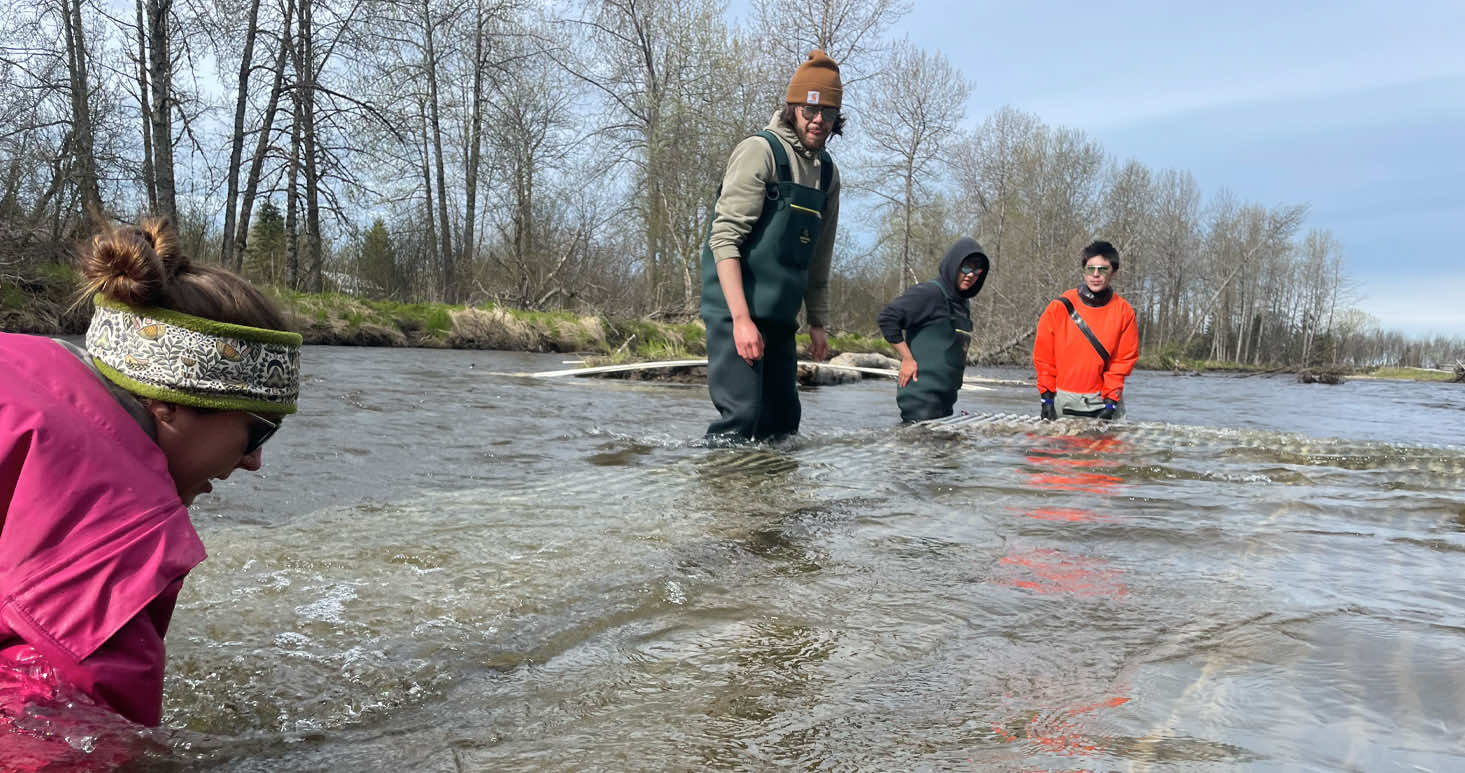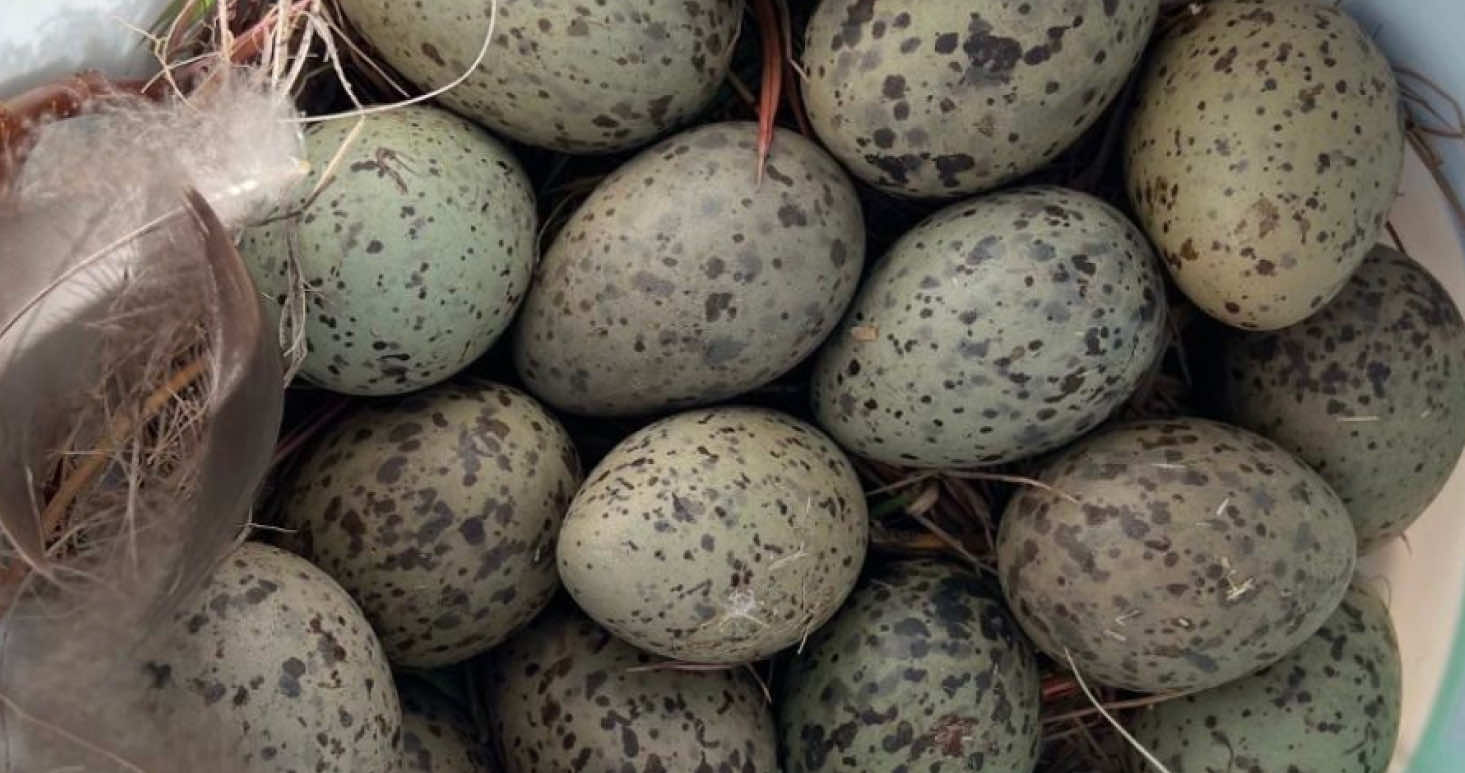CRRC December 2020 Newsletter

Monthly COVID Update
Traditional Foods Recipes
Chugach Regional Resources Commission produced a recipe book based on recipes from Tribal members in the Chugach region.
The recipe book can be purchased here: https://chugach-regional-resources-commission.square.site/product/recipe-book-featuring-traditional-foods/3?cp=true&sa=true&sbp=false&q=false
In an effort to enhance food security in the region, CRRC used CDC grants funds to remaster the recipe pages to include nutritional values provided by the ANTHC as well as translations in various dialects, when available, from the Chugachmiut Heritage Preservation.
Alaska is on the front lines of climate change. Warming temperatures and changing precipitation are already impacting plants, fish, and wildlife in southcentral Alaska.
In 2019, CRRC received a BIA Tribal Resilience Grant to conduct a climate change vulnerability assessment in the Chugach region. A vulnerability assessment looks at two things: what types of risks climate change might cause that impact the health and well-being of communities, and how likely communities are to be exposed to those risks. Documenting ongoing changes to subsistence resources and unusual environmental events will help Chugach region Tribes and CRRC plan for and protect natural and subsistence resources from climate impacts. Understanding how local systems respond to climate change is an important first step in planning to mitigate or manage the impacts of climate change.
In 2017, a group of researchers released the Climate Vulnerability Assessment for the Chugach National Forest and Kenai Peninsula, which modeled future change in the region through the year 2060. In general, the models predicted that the Kenai Peninsula would become warmer and dryer over time, while Prince William Sound would become warmer and transition to more rain than snow. Computer models and projections can only tell us so much, however, and there is a lot of uncertainty about how quickly changes will take place, how drastic they will be, and how they’ll impact important resources.
The best information about current, local change comes from people who are out on the land and water, observing what’s happening firsthand. These observations are vital to understanding how the local environment is responding to global changes. Please take our survey to share your observations and concerns about climate change in southcentral Alaska, and be entered in a drawing to win one of two great prizes!








